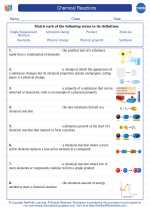Pressure in Chemistry
Overview
Pressure is a fundamental concept in chemistry and physics, and it refers to the force exerted on a surface per unit area. In the context of gases, pressure is the result of gas particles colliding with the walls of their container. Understanding pressure is crucial for various applications, such as in gas laws, chemical reactions, and industrial processes.
Units of Pressure
In the SI system, pressure is typically measured in Pascals (Pa), where 1 Pascal is equal to 1 Newton per square meter. Other common units include atmospheres (atm), millimeters of mercury (mmHg), and pounds per square inch (psi).
Gas Pressure
Gas pressure is the result of gas particles colliding with the walls of their container. The force exerted by these collisions per unit area gives rise to the pressure exerted by the gas. Gas pressure is affected by factors such as temperature, volume, and the number of gas particles present.
Pressure and the Gas Laws
Pressure plays a crucial role in the gas laws, such as Boyle's Law, Charles's Law, and the Ideal Gas Law. These laws describe the relationships between pressure, volume, temperature, and the number of gas particles in a system. Understanding these relationships is essential for predicting and calculating the behavior of gases under different conditions.
Applications of Pressure
Pressure has numerous practical applications in chemistry, including in industries such as manufacturing, pharmaceuticals, and energy production. Understanding pressure allows scientists and engineers to design and optimize processes involving gases and liquids, ensuring safety and efficiency.
Study Tips
- Understand the concept of force and area in relation to pressure.
- Practice converting between different units of pressure.
- Review the gas laws and their mathematical expressions.
- Work through example problems involving pressure, volume, and temperature.
- Explore real-world applications of pressure in various industries.
◂Chemistry Worksheets and Study Guides High School. Chemical Reactions
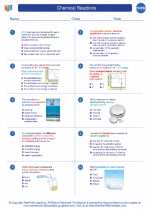
 Worksheet/Answer key
Worksheet/Answer key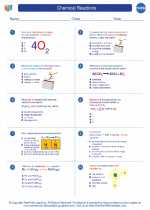
 Worksheet/Answer key
Worksheet/Answer key
 Worksheet/Answer key
Worksheet/Answer key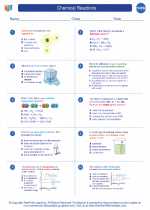
 Worksheet/Answer key
Worksheet/Answer key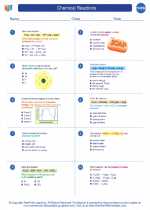
 Worksheet/Answer key
Worksheet/Answer key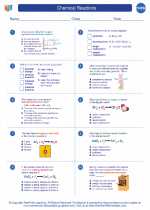
 Vocabulary/Answer key
Vocabulary/Answer key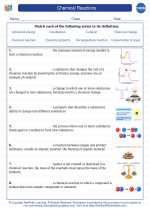
 Vocabulary/Answer key
Vocabulary/Answer key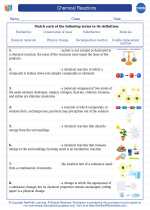
 Vocabulary/Answer key
Vocabulary/Answer key